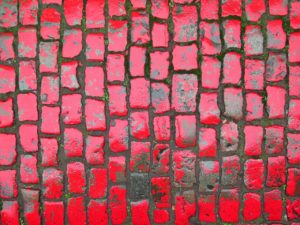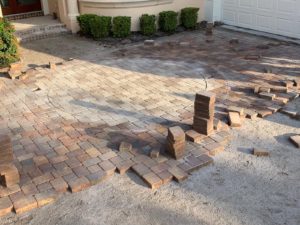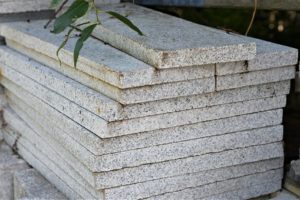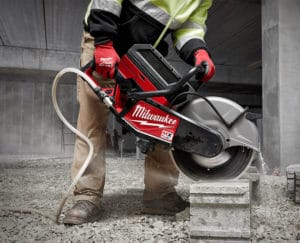Pavers, especially outdoors pavers, are very susceptible to several factors, like weather conditions, traffic, and stains. It’s very frustrating to see your pavers stained, especially with grease, which is every homeowner’s nightmare.
Greasy stains can come from many sources. On a patio, they are usually found on pavers near a grill or outdoor kitchen. If you’re dealing with this problem, check this article to see how to clean grease off patio pavers in a step-by-step guide.
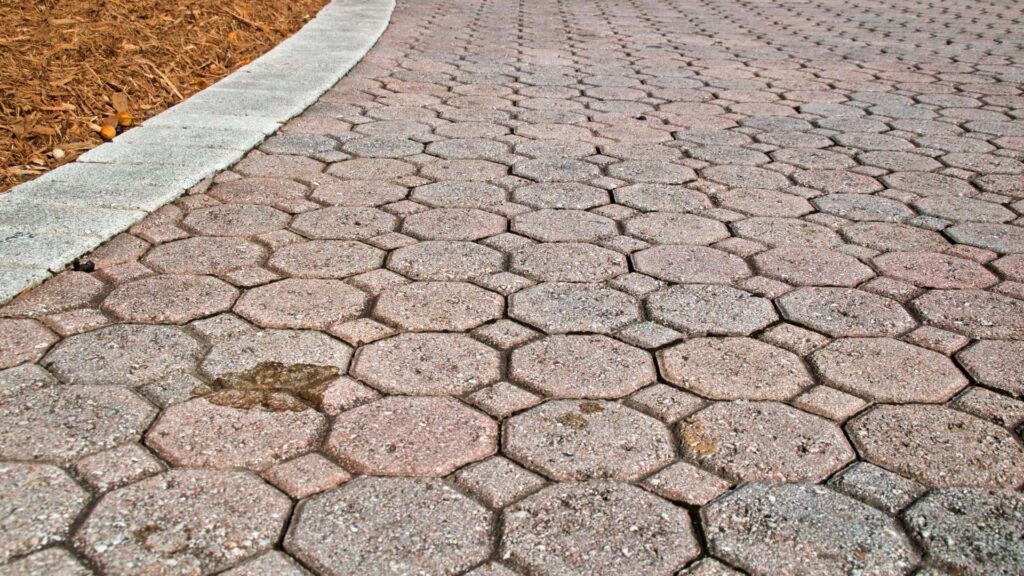
How to clean grease off patio pavers?
Removing grease from pavers is a fairly simple task. For that, you might need some things first:
- Paper towels
- Rags
- Kitty litter (or any oil-absorbent material)
- Detergent
- A garden hose with a nozzle (or a pressure washer)
All set? Let’s clean! Follow the next 5 steps to remove completely any grease from your paver patio:
- Step 1: Check if the stain is new and if it is wet, soak up as much of the grease and oil with paper towels and rags.
- Step 2: Spread conventional kitty litter or other oil-absorbent material over the stained spots to soak up the grease even more. To absorb well, it’s necessary to leave it there for some hours, so wait for a little before removing it.
- Step 3: After a couple of hours, sweep the material with a brush, just be careful to not scratch the surface and don’t use a wire brush for this task.
- Step 4: Water the pavers, then pour some detergent and allow it to sit for 20 to 30 minutes. Then with a brush, scrub the area. You can put more effort into the stained spots. Detergent is excellent since it is grease-repellent, but you can also use baking soda (especially on smaller grease stains)
- Step 5: Wash down all the surface using a garden hose or a pressure washer to remove any remains of detergent, then let it fully dry. To not damage the pavers, be more careful with the water pressure.
How to prevent grease stains on pavers?
The best way to prevent grease stains, or any kind of dirt and stains, is by sealing your pavers.
Usually, water-based sealers are highly recommended for pavers because they can prevent future stains and make them smoother and easier to clean.
Other benefits of sealing pavers
It helps with protection
As mentioned earlier in this article, pavers are susceptible to a lot of elements to some degree. By sealing them, you can prevent not only stains but also signs of aging and wearing.
If you live in cold-weather areas, sealing is almost mandatory. If you leave your pavers unsealed, it can seriously damage them. That’s because water can enter into them, and if it eventually freezes, it can expand and crack the paver.
It makes them look like new again
When you apply sealer right after installation and continue regularly, you are preserving the beauty of the paver and boosting its look by providing a glossy or a wet finish.
With regular sealing, you can also prevent color fading since some sealers come with UV rays protection.
It increases their durability
Pavers’ durability is very popular and is the reason why so many people end up choosing them. However, by sealing them, you can prolong their life span even more. If you have softer paver materials, like travertine, sealing can be even more helpful.
Prevents weed and moss growth
Unfortunately, weeds and moss growing between the cracks of pavers are very common, but when you seal the surface and the cracks, it helps to inhibit weed and moss growth.
How about a free estimate?
As you can see, sealing is the best way to preserve your investment. Many blogs and websites describe the process of sealing and cleaning as an easy task, but that’s not the reality at all.
You can always leave all the work in the hands of professionals, and if you are worried about the price, you can get a free estimate.
S&S Pavers has over 10 years of experience serving the counties of Manatee and Sarasota. If you live in Sarasota, Manatee, or any of our surrounding counties contact us, we will be glad to assist you!

